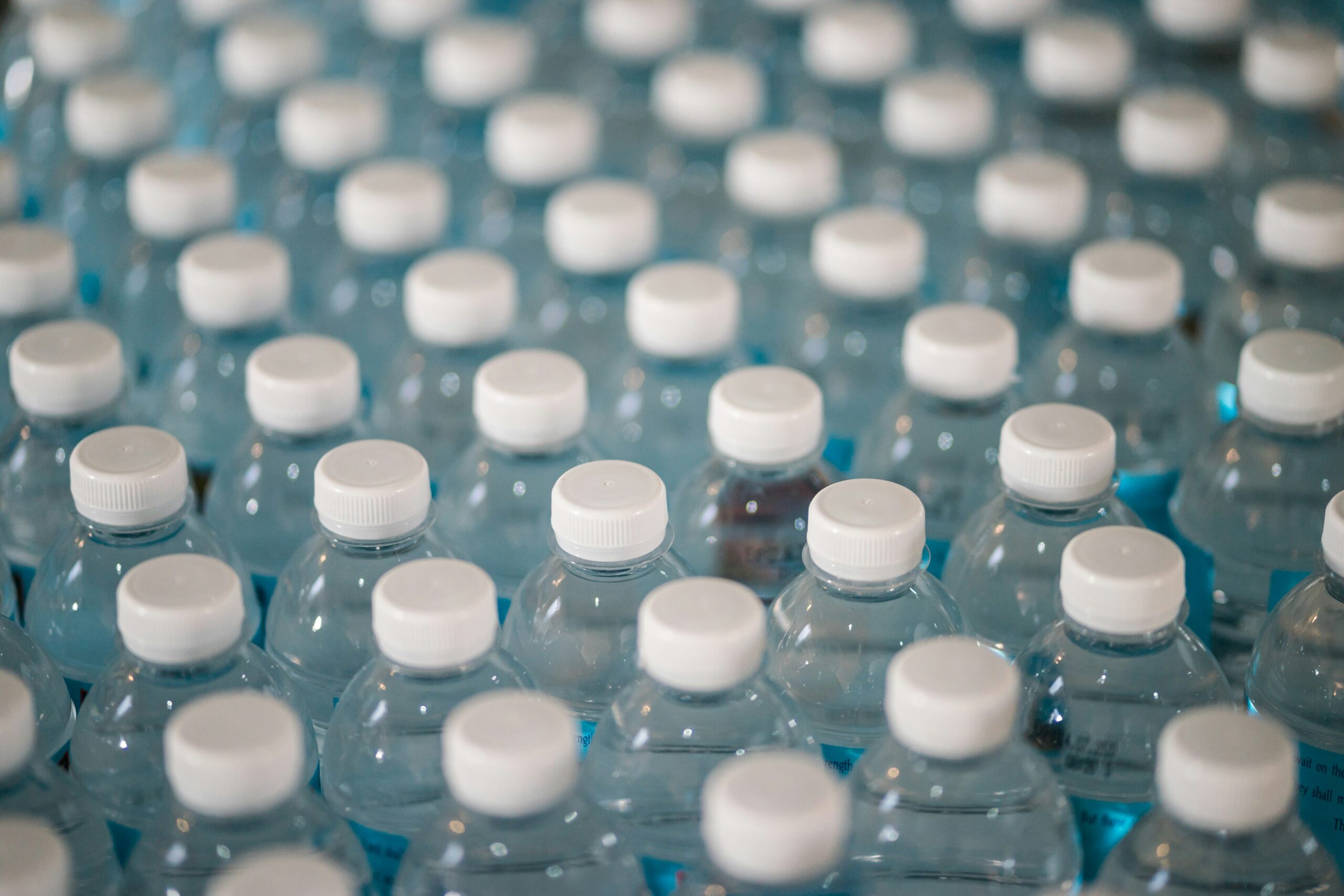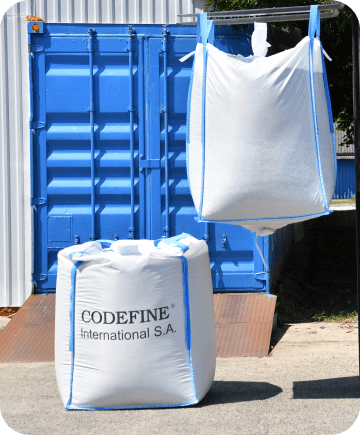Home » Posts Page » Blog » Understanding the Versatility of FIBC Containers in Modern Packaging Solutions

By the middle of the century, increasing globalization and international trade called for a new breed of packaging. To accommodate large volumes of consumer goods and raw materials, industrial packaging was upscaled considerably. Flexible intermediate bulk containers (FIBCs), otherwise known as bulk bags, became a supply chain staple, with these packaging solutions offering unrivaled storage capacities, cost-effectiveness, and plenty of scope for customization.
Sustainable packaging is crucial if companies are to minimize their environmental impact. Today, climate change threatens every corner of the globe, while diminishing natural resources have led to material shortages and price hikes. Consumers are also looking toward more eco-friendly and sustainable alternatives when choosing plastic.
You’ll also want to consider availability. With fossil fuels at a premium, the manufacturing process of FIBC bags made from virgin material can be expensive. Packaging suppliers ultimately have to pass this premium on to customers. If compatible with your operation, bags made from partially recycled material can be a more cost-effective decision. What’s more, recycled packaging can help companies become champions of sustainability.
The main draw of FIBCs is their versatility. With their flexible design and large storage capacities, they’re an effective choice for bulk packaging requirements. What’s more, they’re relatively inexpensive, making them ideal for companies looking to make an instant saving.
FIBCs also impress with their durability. Made from high-grade materials like polypropylene, they’re just as strong as bags made from more traditional materials but have the advantage of being ultra-lightweight. This makes handling FIBCs easier while lowering transportation costs and storage demands.

FIBC containers in agricultural sectors are used throughout the entire supply chain. They can be used to store fertilizer, animal feed, harvested crops, and more.
FIBCs can be used in the pharmaceutical industry to store and ship the raw materials used to make pharmaceutical goods, as well as the finished products themselves.
High-grade FIBCs with specific safety ratings can be used to store and transport chemicals. These bags typically boast anti-static properties and are flame retardant, making them suitable for use in challenging conditions.
FIBCs play a central role during mining operations, helping transport vast volumes of mined material with relative ease.
In the construction industry, FIBC containers are a common sight. They can be used to transport and store building materials, as well as clear away rubble during demolition projects.
Food-grade industry FIBCs are a staple of the food manufacturing industry. They can be used to store and haul raw ingredients, as well as handle finished food products themselves.
FIBCs come in many varieties, with Type A bags being the most common. These are suitable for handling non-hazardous materials, while Type B bags can be used to store and transport materials like flammable powders. Type C and Type D bags are electrically conductive, making them ideal for transporting flammable material, even when flammable gasses and vapors are a concern.
Looking for innovative packaging to simplify your supply chains and secure significant savings? At Codefine, we’ve been spearheading packaging innovation since the 1950s, with extensive experience supplying multiple industry sectors across the planet. Why not explore our full range for yourself? Got a question about our packaging products? Why not get in touch with the team today?